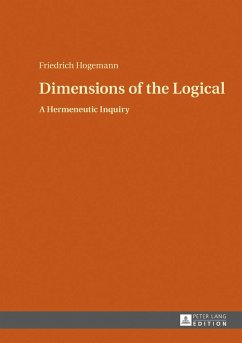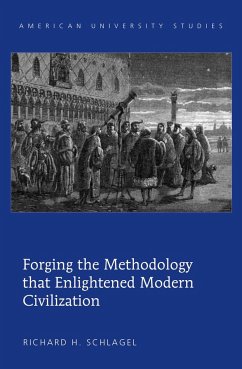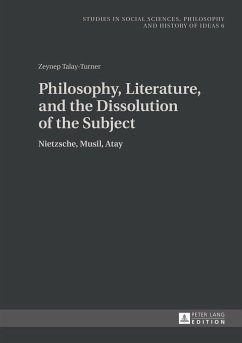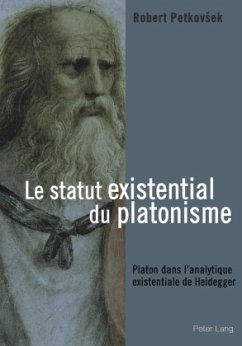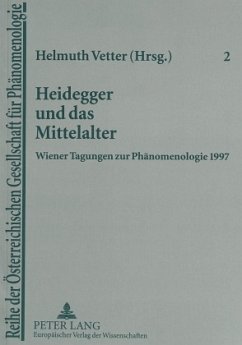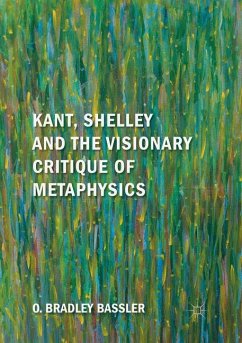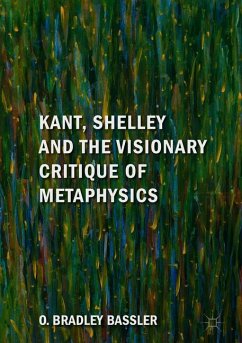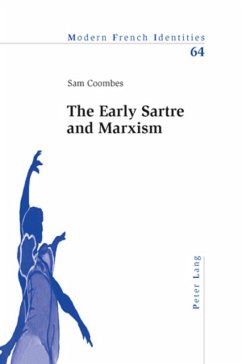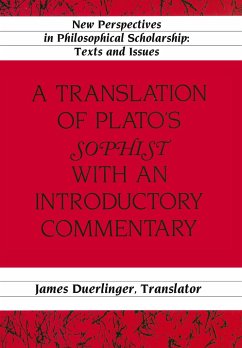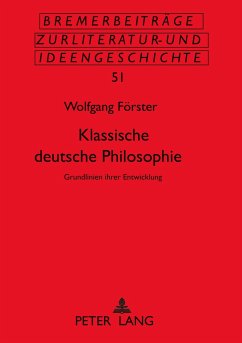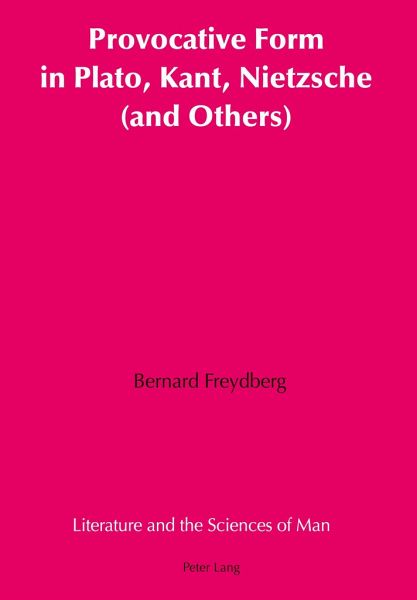
Provocative Form in Plato, Kant, Nietzsche (and Others)
Versandkostenfrei!
Versandfertig in 6-10 Tagen
60,95 €
inkl. MwSt.

PAYBACK Punkte
0 °P sammeln!
Provocative Form in Plato, Kant, Nietzsche (and Others) seeks (1) to liberate form from its primary affiliation with intellect and with its putative structural function; and (2) to relocate it as the correlate of imagination and desire. Through careful analyses of key texts in Plato, Kant, Nietzsche, Schelling, and others, the originary (but largely concealed) sense of form presents itself as shot through with darkness and play even as it illuminates and orders experience. Far from being secondary or settled, philosophical form is provocative by its very nature.





